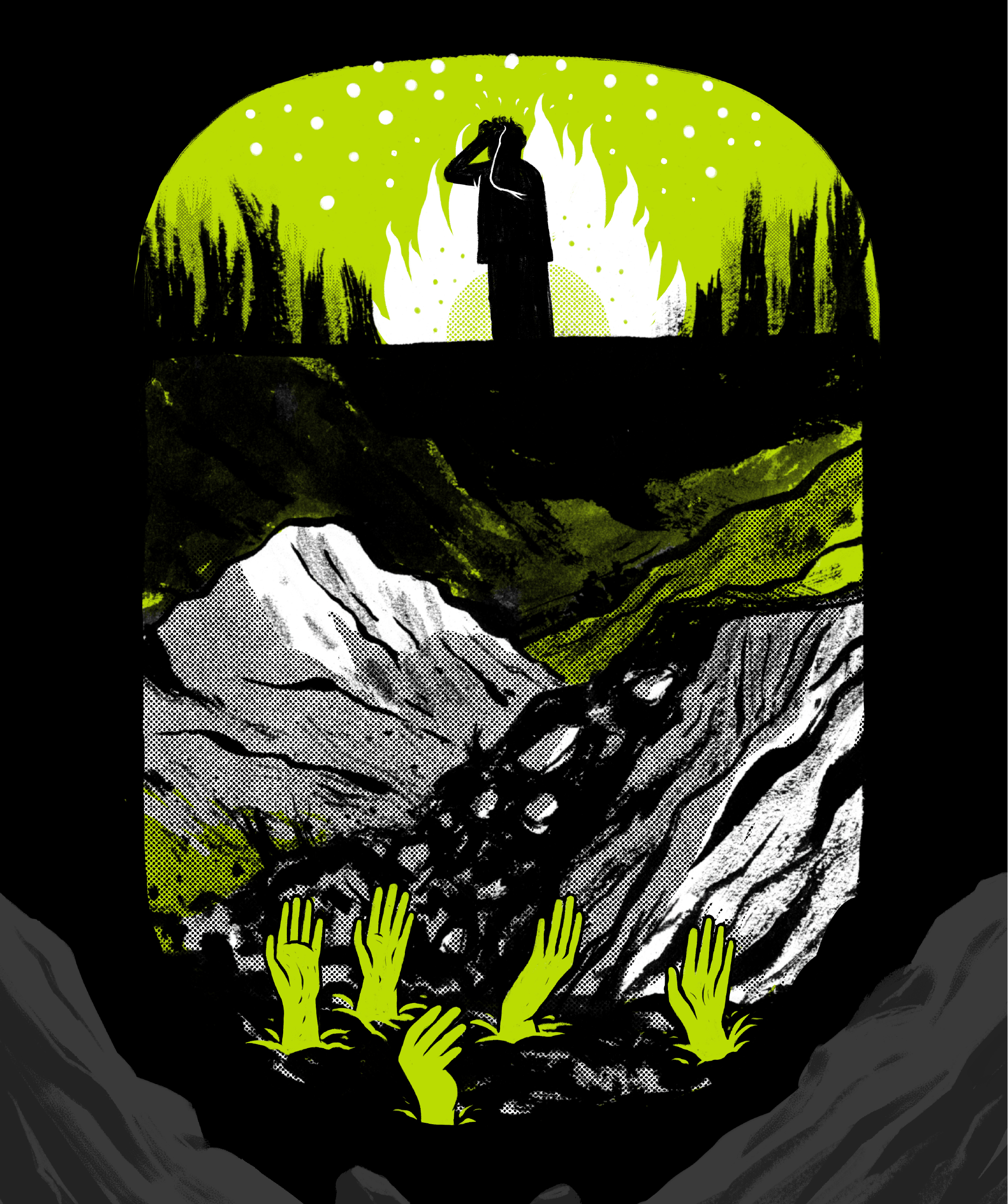The Intersection of Climate Justice and Mental Health for Queer-Trans Persons
Background
In 2020, the sudden declaration of a complete lockdown due to the COVID-19 pandemic affected people from all walks of life. However, it had a particularly devastating impact on marginalized communities, including the queer-trans communities.. As the lockdown took effect, queer-trans communities which, included migrants, homeless individuals, and daily wage earners, faced severe hardships. With work opportunities closed and income sources lost, survival became uncertain. This was compounded by the fact that trans people are often accepted in their families only if they provide material and financial support. But in this situation, loss of existing livelihoods resulted in them being thrown out of their homes or even forced to leave shelter homes owing to their gendered marginalization.
Recognizing the urgent need for relief, activists within the trans community, such as Amrita Sarkar, took steps to support their peers. Funds were accumulated from personal salaries, and relief efforts were initiated. The initial lack of support was overcome through documentation and crowdfunding, providing funding for relief efforts across various districts.
Cyclone Amphan
However, during the second wave of the pandemic, Bengal was hit by Cyclone Amphan, exacerbating the already dire situation. Trans persons homes were destroyed, dreams shattered, with striking effects on their mental health. A few trans folx took shelter in schools and other spaces but being a trans identified person many were forced to leave shelter homes. Yet others despaired and died by suicide. To address this we had to pool together support randomly from various friends and people - which aided roof repair as well as daily needs expenses for a very short time.
When we wanted to document this crisis through a video, one of the community-persons told us, "If we didn't get this support, we would have died by suicide". Another trans person who lived in the Bangladesh-border poignantly mentioned: "Everything is over, this pain is very difficult to take".
So, while some social support was provided, systems and systemic support was sorely lacking, leaving many affected trans individuals without adequate assistance.
After the experiences of these two years, for many of us it was clear that while we are a strong and visible community at the ground level - we are not visible or counted on development platforms or international platforms.
The Link Between Development, Mental Health, and Climate Change:
Development is often equated with progress and technological advancements. However, the mental health of marginalized communities, including the LGBTIQ+ community, tells a different story. In my 20 years of activism, I have observed that vulnerable communities such as LGBTQIA+ groups carry an unequal burden on their mental health due to ‘development’ activities. The loss of forest, glaciers along with disappearance of rivers, fresh water and desertification affect vulnerable populations gravely as the environmental consequences are compounded with a community’s lack of access to resources, information, and protection.
The intersection of climate justice and mental health for queer-trans persons highlights the urgent need for comprehensive support and solidarity. Marginalized communities are disproportionately affected by the environmental crisis, leading to adverse mental health outcomes. It is crucial to prioritize equity, social justice and trans rights in climate policy and action. Development should be about freedom, independence, secure psychological spaces, ensuring equity that centres marginalised communities.
